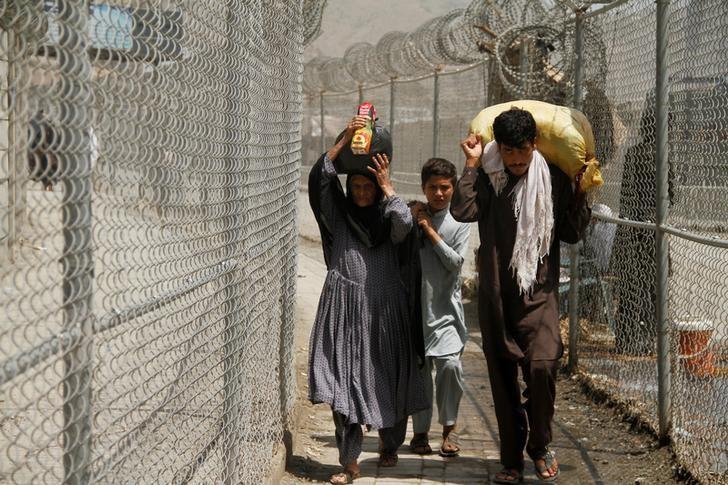
Understandably, the fence will be built first in the tribal agencies of Bajaur and Mohmand which are designated as high threat zones, because of their proximity to Afghanistan’s Nangarhar and Kunar provinces where the leaders of the Tehreek-e-Taliban Pakistan, Jamaatul Ahrar and other hostile groups are suspected to have sanctuaries. Together with these measures, Islamabad intends to also build 423 small forts along the 2,430km long border with Afghanistan. The forts will be situated at a distance of six kilometres from each other. Already more than 60 such forts have come up.
Citing a much older grievance over the Durand Line, Kabul has been showing its deep resentment over the measures for the last six months. That resentment surfaced almost as soon as Pakistani authorities announced plans for tighter border controls, manifesting from time to time into sporadic as well as sustained shelling by Afghan forces at Pakistani check posts. These aggressive actions left the two neighbours more estranged than ever.
The turning point came when a string of terror attacks hit four Pakistani cities. After it became apparent that the attacks were carried out by Afghanistan-based militants several border controls, including a stringent closure of all crossing points, were put in place. Given the ethnic make-up, culture and kinship of the people living in the two estranged countries, it would seem cruel to shackle the free movement of ordinary citizens. But security is a compulsion and not a choice for any state like Pakistan that has suffered so much at the hands of terrorists.
Published in The Express Tribune, March 27th, 2017.
Like Opinion & Editorial on Facebook, follow @ETOpEd on Twitter to receive all updates on all our daily pieces.












COMMENTS
Comments are moderated and generally will be posted if they are on-topic and not abusive.
For more information, please see our Comments FAQ